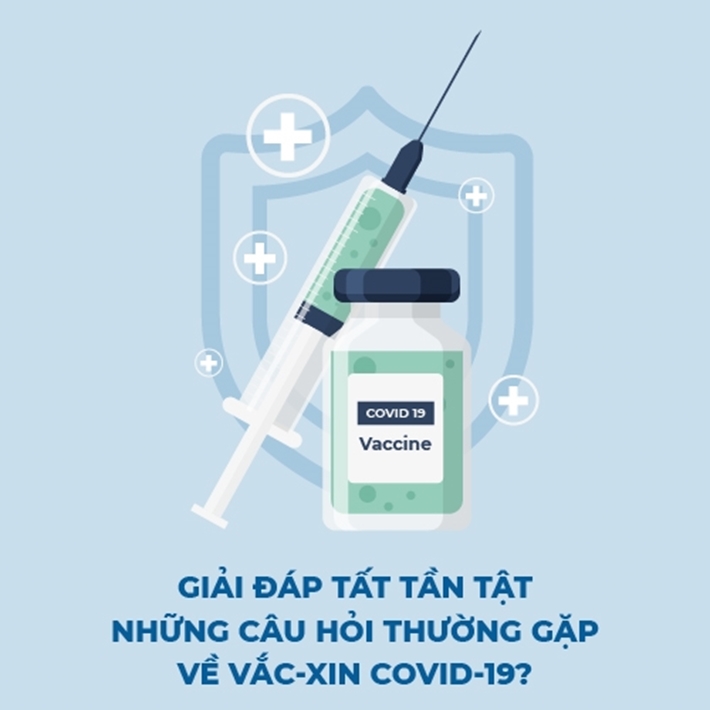Giải đáp tất tần tật những câu hỏi thường gặp về vắc xin Covid-19

21/07/2021 3:07:44 CH
Đại dịch COVID-19 đang diễn biến phức tạp ở Việt Nam và trên thế giới. Biến thể COVID-19 số B.1.617.2 (hay còn gọi là Biến thể Ấn Độ) cùng một số biến thể khác có tốc độ lây lan nhanh hơn khiến việc kiểm soát và phòng chống dịch càng trở nên phức tạp.
Vắc-xin vẫn là giải pháp được thế giới trông đợi nhiều nhất? Tuy đã có nhiều ý kiến trái chiều, Tổ chức Y tế Thế giới (WHO) và các tổ chức y tế khác trên thế giới vẫn khuyến khích việc tiêm vắc-xin ngừa COVID-19. “Tới nay, vắc-xin vẫn là giải pháp an toàn nhất giúp giảm nguy cơ cá nhân bị mắc bệnh nặng và tử vong” – Giáo sư Adam Finn, Đại học Bristol Vương Quốc Anh.
Để giải đáp thắc mắc của nhiều người về vắc-xin ngừa COVID-19, mời bạn truy cập file câu hỏi và trả lời TẠI ĐÂY được soạn thảo bởi BS.CK1. HOÀNG THỊ HƯƠNG – Phòng khám Quốc tế CarePlus.
CarePlus chúc bạn và gia đình luôn lạc quan và giữ sức khỏe tốt trong mùa dịch.
----
Đừng lo lắng và hoảng sợ nếu bạn là F0 hay F1 đang cách ly tại nhà. Đội ngũ bác sĩ chuyên môn cao và nhiều năm kinh nghiệm của CarePlus luôn sẵn sàng để trợ giúp qua Chương trình HỖ TRỢ THEO DÕI VÀ TƯ VẤN TỪ XA CHO NGƯỜI ĐANG CÁCH LY TẠI NHÀ, bao gồm dịch vụ 1 lần tư vấn hoặc gói 7 lần tư vấn trong 8 ngày . Tìm hiểu thêm và Đăng ký TẠI ĐÂY